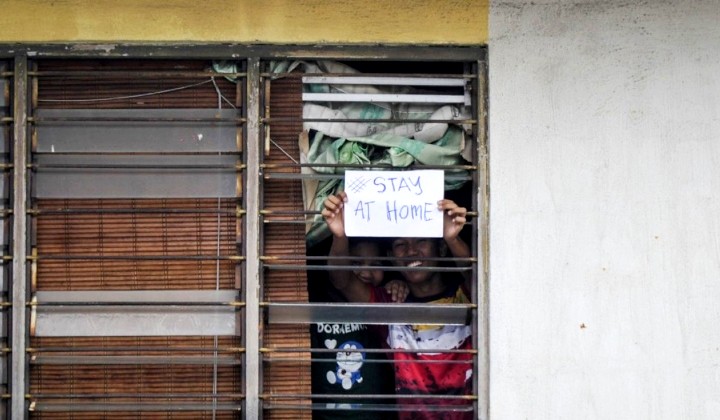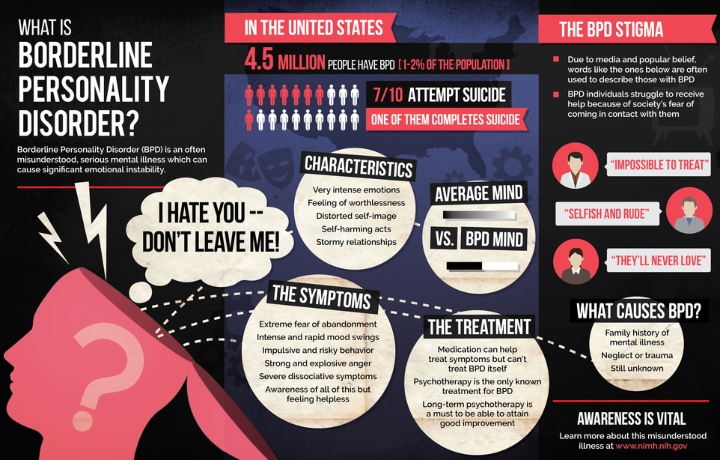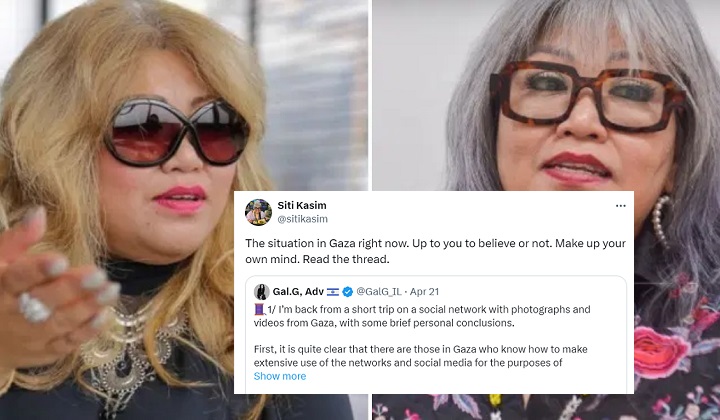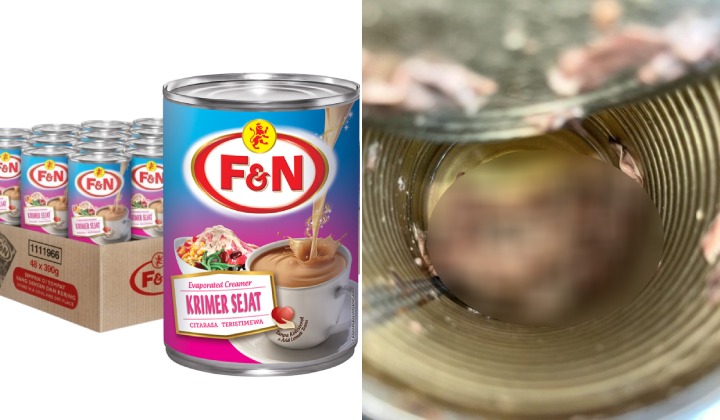Twitter User Shares Coping Techniques To Help Us Get Through MCO

Subscribe to our new Telegram channel for the latest updates on COVID-19 and other issues.
With the latest extension of the movement control order (MCO) into phase 4, it’s no doubt that Malaysians nationwide are feeling some type of way. Aside from the fact that the MCO has a lot of us feeling isolated and trapped, there’s also a deadly pandemic and massive economic crisis happening.
Understanding the difficulty of coping during stressful situations, Twitter user @awanjebat decided to share some coping strategies he uses to keep his sanity when times get tough.
@awanjebat shares that he also suffers from borderline personality disorder and obsessive-compulsive personality disorder, and when they’re not kept in check, he says that he ends up becoming depressed and has suicidal ideations – which is why these coping strategies are so important to him.
Stressing that diagnosis for both disorders must be done by psychiatric doctors, Dr Brandon Lim, a doctor in the Psychiatry Unit at University Malaya Medical Centre explains that despite containing the word personality in its names, both disorders suffered by @awanjebat are mental disorders.
They affect the thought, mood, behaviour, and functioning of a person.
Dr Brandon Lim to TRP
He says that a person suffering from borderline personality disorder can experience instability in emotions (difficulty to control), disturbed patterns of perception or thinking, fear of abandonment, chronic feelings of emptiness, impulsive behaviour, self-harm behaviour, and intense but unstable relationships with others.
While a person suffering from obsessive-compulsive personality disorder has a preoccupation with orderliness, perfectionism, at the expense of flexibility, openness, and efficiency.

He adds that both personality disorders can have coexisting mental disorders like major depressive disorder, bipolar disorder, anxiety disorders, and substance abuse.
In the Twitter thread, @awanjebat goes on to say that coping techniques are methods that can be used by individuals experiencing stress, depression, or suicidal thoughts to help them manage their mental condition and provide relief to overwhelming emotions.
He adds that coping mechanisms can be unique to an individual, and it’s really crucial to find what works best for you. He carries on by listing some coping strategies he found works for him.
Dr Brandon supports the use of coping methods, recommending specific strategies such as seeking professional help from psychiatric doctors and psychologists, practising relaxation techniques and stress coping techniques, having adequate sleep, dietary intake and exercise.
He also encourages understanding the symptoms of the mental illness suffered by the individual and experiencing one’s own emotions without self-judgement or self-criticism.
Observe the emotion and its intensity as it comes and goes, accept the emotion.
Dr Brandon Lim to TRP
Finally, Dr Brandon advises finding diversions from destructive urges, including doing enjoyable activities like hobbies, divert thoughts to focus on work instead, or even contact a trusted friend or family member.
For @awanjebat, he has found 9 specific activities that help him take his mind off stressful thoughts and issues that he can’t control.
(ii) Listening to music
— Safwan Jebat (@awanjebat) April 13, 2020
Mendengar muzik merupakan coping mechanism kegemaran saya dan mugkin juga kalian (well, everybody loves music) sewaktu melewati relapse period. Namun, terdapat satu perkara yang perlu diberikan perhatian apabila melibatkan muzik pic.twitter.com/h4i969k9jN
@awanjebat practices calming activities such as listening to music, watching funny or inspirational videos, and playing video games. He also practices spiritual activities that can remind him of God and bring himself closer to God. Dr Brandon explains that these are religious practices with calming effects.
The activities mainly encompass tasks that help relax one’s mind/mood and behaviour; and deter negativity with positive enforcement in the form of pleasurable activities.
Dr Brandon Lim to TRP
Besides that, @awanjebat limits his use of social media, including taking extreme steps such as deactivating, deleting, and uninstalling his social media apps. To this, Dr Brandon says that social media can have both positive and negative effects.
Social media has been shown to increase dopamine levels, but some studies also show that overuse can make people feel increasingly unhappy and isolated in the long run.
Lastly, @awanjebat also includes classic therapeutic methods to his coping strategies such as applying breathing exercises and reaching out to family and friends or even the Befrienders when he needs someone to talk to.
(i)Teknik pernafasan 4-7-8 [Rawatan Kecemasan Awal]
— Safwan Jebat (@awanjebat) April 13, 2020
Saya mempelajari teknik ini sewaktu berada di wad kecemasan. Pakar psikiatri yang menjaga saya mengatakan bahawa teknik ini sangat penting bagi membantu pesakit yang sedang relapse dan mengalami serangan panik untuk bertenang. pic.twitter.com/mA7tSJRRzY
We believe that whether a person has been clinically diagnosed with mental illness or not, taking care of mental health is always a good idea. As they say, prevention is better than cure.
One of the most difficult struggles for someone with mental illness is the courage to acknowledge that one has it. Overcoming this will indeed be fruitful.
Dr Brandon Lim to TRP
So, in these tough and uncertain times ahead, we applaud @awanjebat for sharing his coping techniques. We believe that they will be helpful for many of us who are stuck at home.
Check out @awanjebat’s full thread on Twitter:
Keep up to date with the COVID-19 outbreak in Malaysia on our Facebook, Twitter and Instagram!
Starving forensic investigator turned writer cause she couldn't find a job. Used to search for killers now searches for killer stories.





